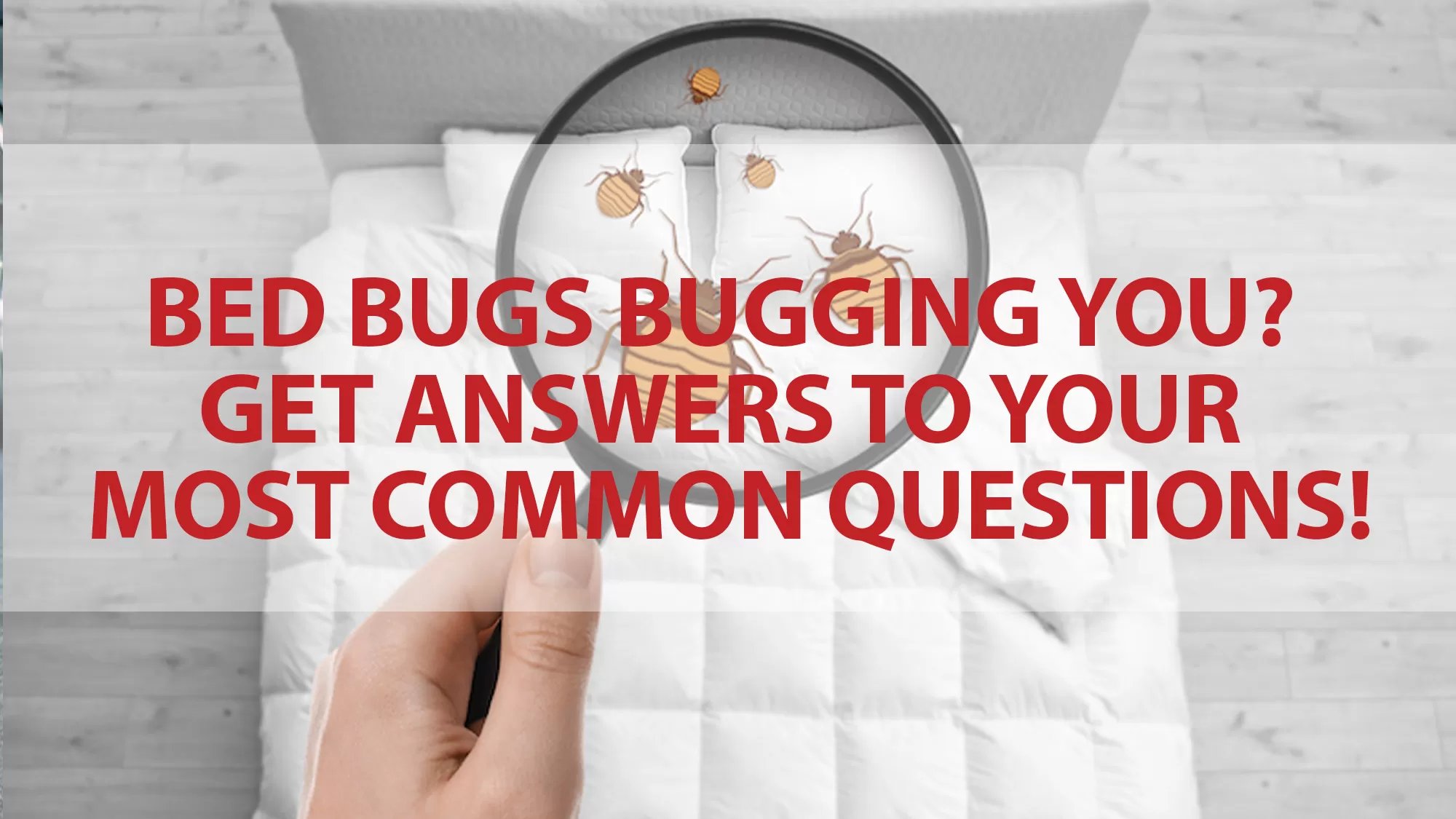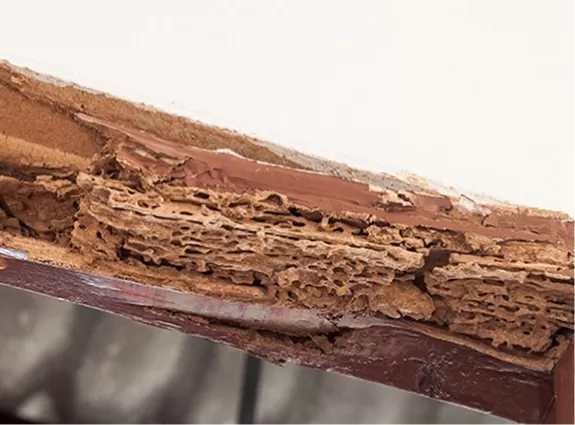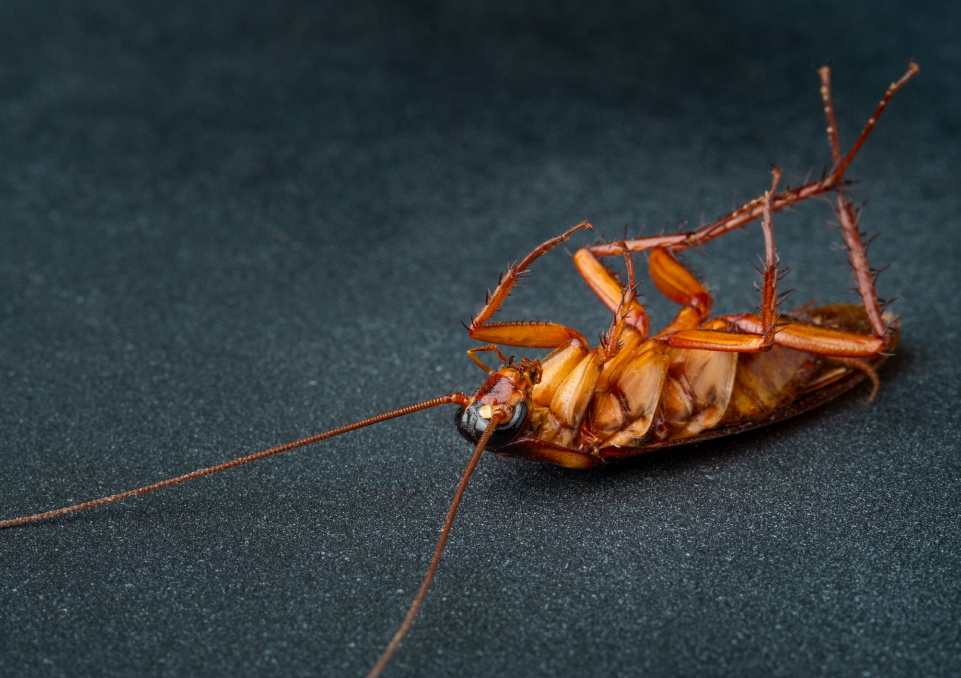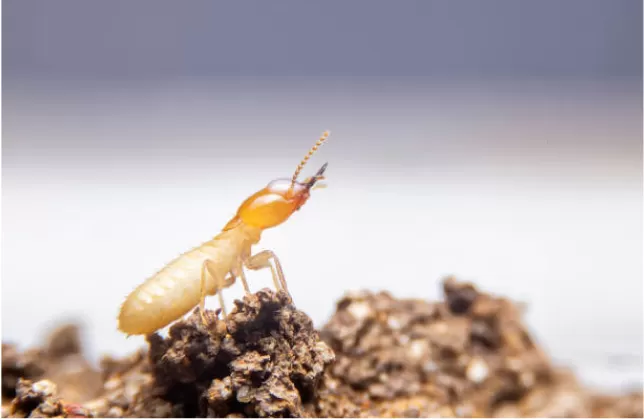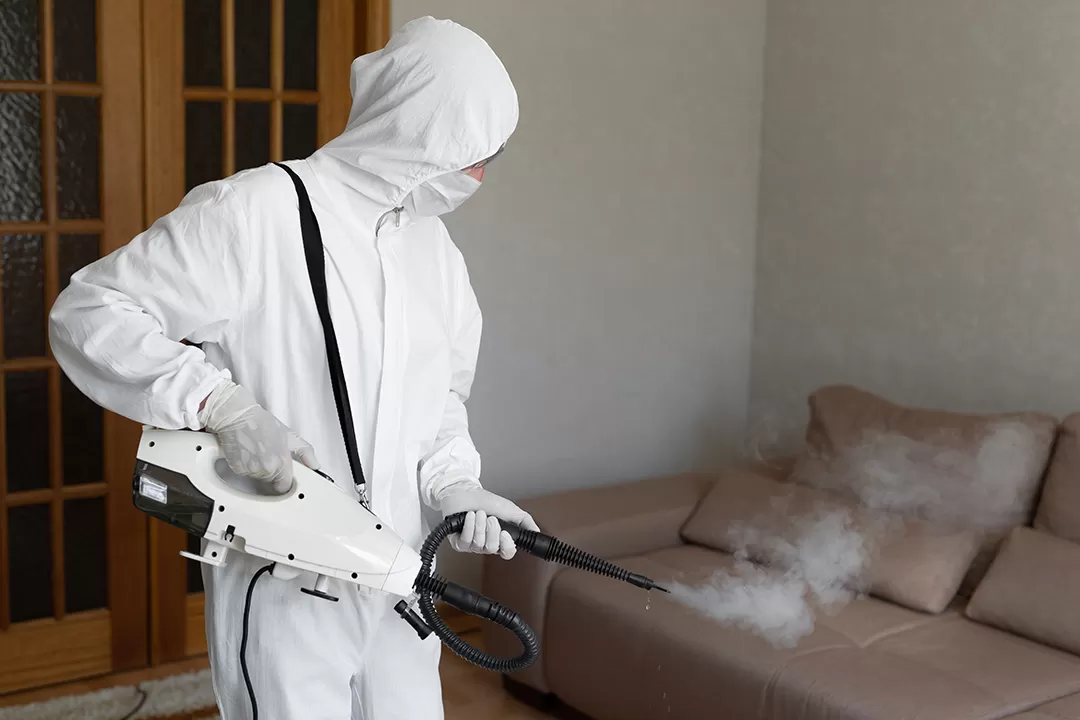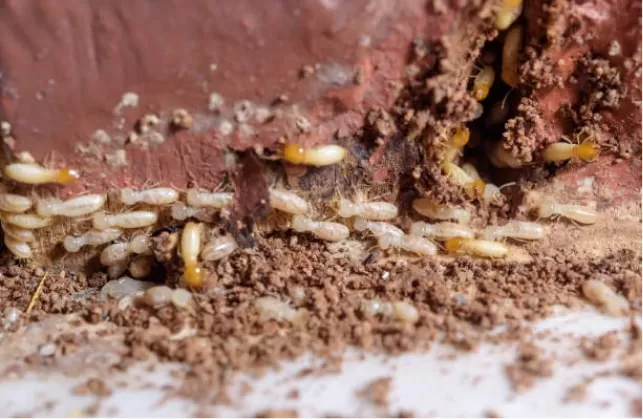Bed bugs are not known to spread any diseases; hence they are not a health hazard. However, an out-of-control infestation of this annoying parasitic insect can drive you mad. Once an infestation starts, getting rid of bed bugs is rather tricky.
As such, learning as much as you can about bed bugs can help you combat an infestation. In this article, we have addressed some of the most common questions about bed bugs.
Keep reading to learn all you need to know about bed bugs. You can also gain some insights into prevention and control techniques.
Most Common Questions About Bed Bugs
What are Bed Bugs?
First things first, let’s find out what beds are. So often, people know of bed bugs but do not really know what they are. Well, bed bugs are tiny, blood-sucking pests that can infest homes, offices, vehicles, etc.
True to their name, they are most commonly found hiding in the cracks and crevices of people’s beds. They are usually inactive during the day and come out at night to feast on human blood when the person is sleeping.
How Can I Recognize Bed Bugs?
If you are unfamiliar with bed bugs, you might mistake them for other insects. Because bed bugs can cause a nuisance, it is in your best interest to learn to identify bed bugs and distinguish them from other pests.
An adult bed bug is brown and oval. The bugs are almost 5 mm in size and have a flat shape. Bed bugs have six legs and can move swiftly across your bed and other surfaces. The nymphs are much smaller. A bed bug nymph is 1 mm in size and has a translucent colour – making it very difficult to notice one.
Are Bed Bug Bites Harmful?
Bed bugs are not known for transmitting any diseases, unlike other bloodsuckers such as mosquitoes. So, bed bug bites are not physically dangerous. However, there can be some psychological impacts triggered by sleep disturbances.
Bed bug bites are irritating and itchy, which affects sleep quality. As a result, getting bitten by bed bugs over time can lead to fatigue, depression, etc.
Do Bed Bug Bites Need Medical Attention?
As bed bug bites do not transmit diseases, seeing a doctor is not usually required. However, if the bed bug bites cause any irritation, you must consult a doctor.
At What Temperature Do Bed Bugs Die?
Bed bugs are pretty sensitive to temperature changes. These critters can neither survive extreme cold nor strive in extreme heat. Bed bugs start to die at 37.7 C. When left at 45 C, the bugs will perish in about 90 minutes.
At 47.77 C, they will die in less than 20 minutes. No wonder one of the best ways to kill bed bugs is to use a heating device to heat floors and beds. The heat suffocates them and kills them. Alternatively, you could leave bed bugs to die at -25 C for two days. The extreme cold will kill any bed bugs and relieve you from stress.
Do Bed Bugs Need to Hibernate?
Many critters need to hibernate. Even though bed bugs do not really hibernate, they do something similar. Bed bugs will lower their metabolic rate in order to stay dormant. As a result, they spend a lot of time in their hiding places and only come out when needed.
How Did Bed Bugs Enter My Home?
Bed bugs are clever hitchhikers. If you visit a bed bug-prone location, they will latch onto you and travel with you to your home. Usually, these pests will attach themselves to luggage and clothing. These uninvited guests can hitchhike back to your home from the office, hotels, and even public transportation. One of the most common ways that bed bugs enter your home is along with second-hand mattresses and furniture.
What are the Signs of a Bed Bug Infestation?
There is no way to be 100% sure whether you have a bed bug problem without seeking help from a professional pest control company. However, there are a few telltale signs that can indicate a bed bug presence in your home.
Most of these signs are easy to notice. You may see bed bug bites after you wake up. These bites are often in rows or clusters. They might feel itchy and inflamed too.
One of the more alarming symptoms of bed bugs is seeing live bed bugs. You can spot adult bed bugs with your naked eye, but you might need to look carefully in their usual hiding spots. Sometimes, blood stains on your mattress and bed sheets can also indicate bed bugs.
Where Do Bed Bugs Hide?
Bed bugs do not have the same habits as ants and cockroaches. They do not lurk in waste, food, water, or other forms of shelter. Instead, these critters like to hang out around places where you rest. They will choose to stay near you, their target host.
Hence, the main areas to look for bed bugs are:
- Bed, including headboards, bed sheets, mattress, and seams.
- Drapes and curtains.
- Rugs and carpets.
- Furniture like sofa, chairs, cushions, etc.
- Power sockets, beams, and edges of the painting.
- Laundry clutter and clothes.
Bed bugs can be found in apartments, condominium buildings, large office spaces, hotels, cruise ships, vacation rentals, nursing homes, hospitals, daycare centres, shopping malls, etc. Anywhere where there are a lot of people, a bed bug infestation is possible.
How to Keep Bed Bugs Away?
To prevent bed bug infestations, you need to be very careful. Do not bring second-hand bed sheets, mattresses, or furniture into the home without proper inspection. Take necessary precautions when coming back home from travel. If you return home from a bed bug-prone area, wash and dry all your clothes and belongings in high heat as soon as possible.
Do Bed Bugs Fly?
No, bed bugs do not fly. Sometimes, you might notice bed bugs climbing onto the ceiling, which only happens when their hiding place is disturbed by insecticide spraying.
Can Bed Bug Infest a Clean Home?
Unfortunately, you can have bed bugs in your home, even if it is spotless. This is because they only care about food and shelter, needing blood to thrive. It is true that a messy home indeed provides lots of hiding places for bed bugs, but they can still live in a clean house. However, identifying bed bugs will be easier in a clean home.
What to Do When I See Bed Bugs? What Not to Do?
When you first see bed bugs, do not grab an insecticide and spray over them. This will only agitate them and lead bed bugs to scatter all over your premises.
Instead, use the hot setting on your vacuum to get rid of any bed bugs. Wrap the trapped bed bugs in plastic bags and suffocate them for a few hours. Wash and dry everything you can in the hottest setting. If you still cannot eliminate bed bugs, consider calling professional pest control for help.
Final Thoughts
Dealing with bed bugs can be challenging, but it’s not impossible. Simply by learning more about these pests, you can tackle them with ease. Hope this article has been able to answer most of your questions about Bed Bugs and how to deal with them. But if you are still not confident about managing the situation yourself, you should consider engaging an experienced pest control professional.
Pest control companies will be able to assess the level of infestation well and accordingly suggest the next course of action. If it’s in the nascent stage, a few simple steps can help you get rid of the bed bugs. But in case the infestation is too bad, they would use the right methods, which might include both eco-friendly and chemicals to eliminate these pests from your premises. Therefore, we highly suggest you call the experts today so that you don’t have to worry any more about bed bugs.

